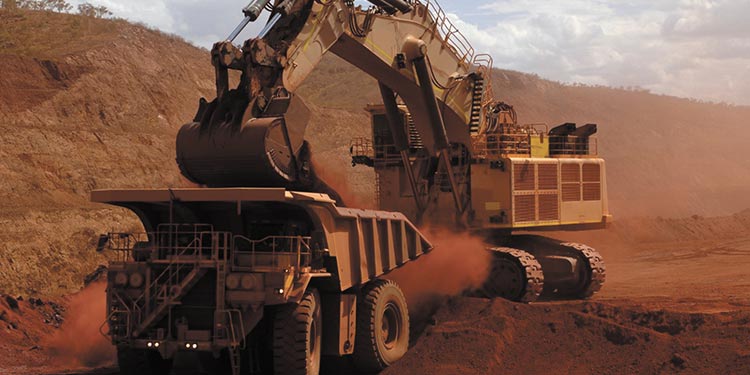
Ethiopian mining is a sector full of potential for prospective investors, driven by gold and backed by Canada.
Ethiopia, with significant gold deposits and a quickly expanding governance framework, might be one of the most appealing investment locations for the global mining industry, particularly for foreign companies eager to get a piece of the gold pie. Ethiopia has roughly 200 tonnes of gold, according to the Extractive Industries Transparency Initiative (EITI), and with 360 million tonnes of coal and 69 million tonnes of iron, there is cause to be positive about the country’s mining future.
The majority of Ethiopia’s mining potential is related to the country’s gold sector, which has a long history of production and provides a secure foundation for future gold ventures. As it tries to build mining operations at the Segele and Joru gold discoveries, Akobo Minerals, a mining company based in Sweden, continues to expand and explore.
‘Exploration drilling operations at Segele, which hit some bonanza grades last year,’ notes Akobo CEO Jrgen Evjen, ‘has so far produced remarkable high-grade gold results, achieving an inferred mineral resource of 78 kilotons at 20.9g/t gold, corresponding to 52.410 ounces of gold.” “Further drilling has discovered rich mineralisation underneath this location, and we anticipate finding more as we dig further.’
Evjen further points out that the two sites have various sorts of advantages, with the Segele deposit having a far higher gold quality and the Joru deposit’s total ore reserves regarded to be bigger, high-potential resources that may be treated in different ways.
‘We recognise our obligation as a decent corporate citizen as a Western corporation with operations in a developing nation,’ he adds. ‘That is why we place corporate social responsibility (CSR) and environmental, social, and governance (ESG) at the centre of our business, including our good business manners and activities.’
‘For firms intending to do business in Ethiopia, CSR and ESG should be guiding principles and measurements that benefit both the business and the communities in which we operate. ‘The economic gains and significant social improvements that such methods can provide would be beneficial to both us and the local community.’
When you consider Ethiopia’s already well-established artisanal mining sector, these factors become much more essential. Small-scale businesses have been outside of municipal and national law for some time, thus mining isn’t a notion that has been brought wholesale from abroad firms. Stakeholders at all levels must work together to ensure that artisanal miners retain ownership of their mines while also benefiting from regulatory scrutiny and support.
According to the latest EIRI study, the volume of gold produced by small-scale operations increased from 0.82 million grammes to 3.18 million grammes, demonstrating the importance of artisanal mining.
This has boosted the value of artisanal mining by about tenfold over the last decade, and the National Bank of Ethiopia pays a 5% premium to small-scale miners who sell gold to the bank, further incentivizing artisanal mining.
‘Ethiopian mining, along with a generally favourable economic climate, is giving the nation a tremendous potential for foreign investment,” he says. “The government has announced its goal to convert Ethiopia’s mining sector into a competitive, proactive, and attractive sector for foreign investment in large-scale mining.’



